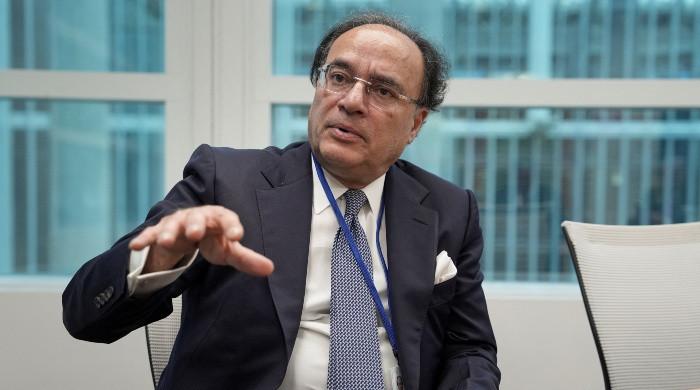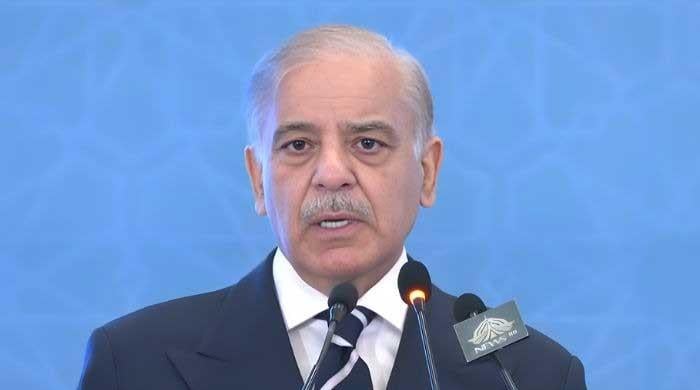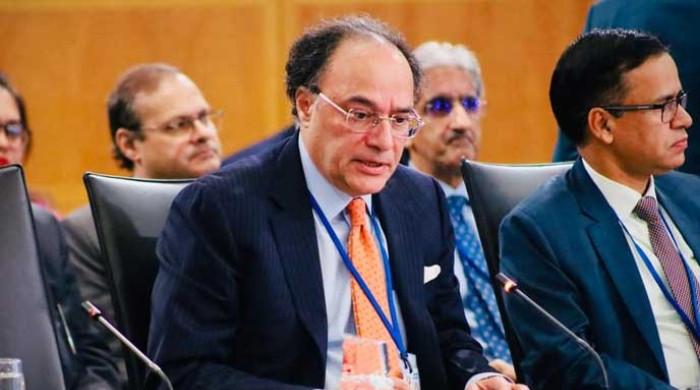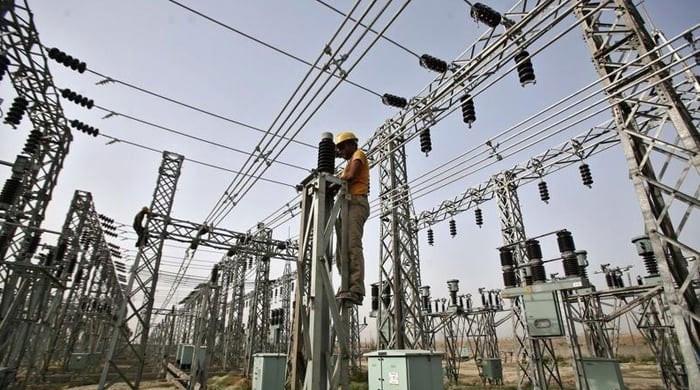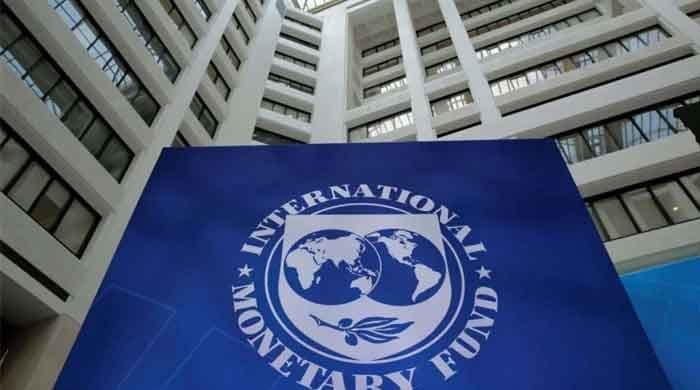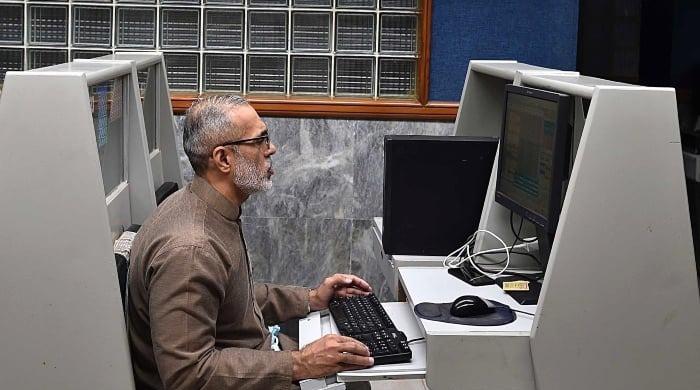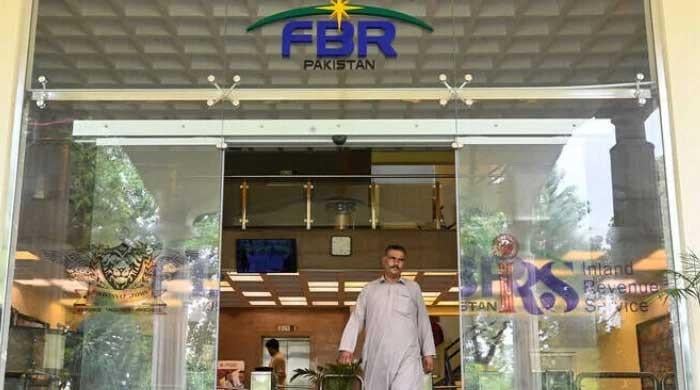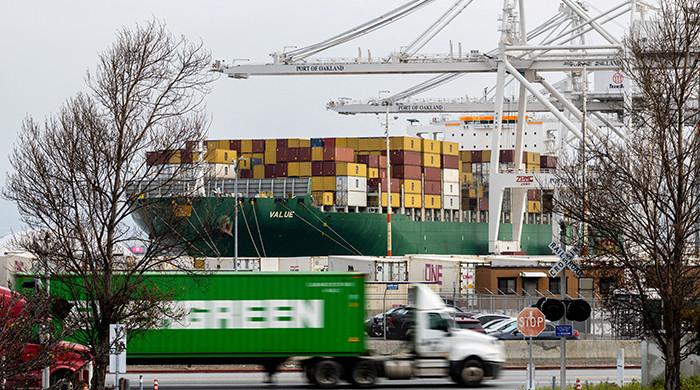Mini-budget expected next week
Government had agreed with IMF to abolish GST exemptions of Rs350 billion
December 11, 2021
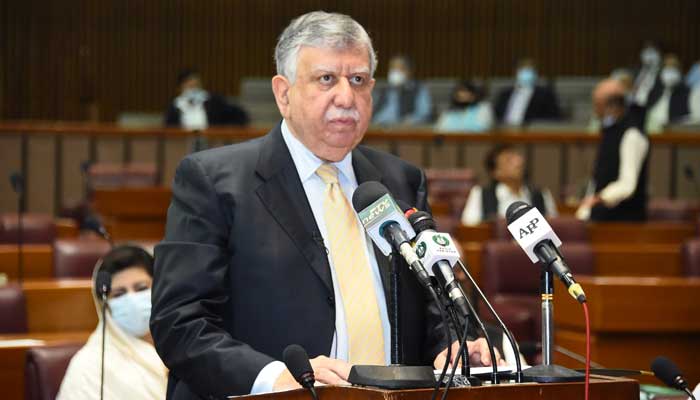
ISLAMABAD: To meet the conditions set by the International Monetary Fund (IMF) for the revival of its $6 billion loan, the PTI government is all set to table a mini-budget before Parliament next week.
The finance bill will seek withdrawal of the General Sales Tax (GST) exemptions and slapping standard rate of 17% on import of mobile phones, computers, silver/ gold, different articles of jewellery, re-meltable scrap, LPG and many other products.
It is not yet known whether the government will impose a standard GST rate of 17% on POL products or not because if the whole GST rate and petroleum levy were jacked up to Rs30 per litre in phases, the storm of inflationary pressures might touch new heights.
It seems that the government will make last-ditch efforts to protect the POL products from the maximum rate of GST. Currently, it is charging a minimum amount of GST on POL products.
According to the publication, the government has finalised a draft of Tax Laws (Fourth) Amendment Bill 2021 to abolish almost around 100 tax exemptions as a standard rate of 17% GST would become applicable with the approval of Parliament.
The government had agreed with the IMF to abolish GST exemptions of Rs350 billion, but its net impact for the current fiscal year will be on the lower side because the first six months had already passed.
The sales tax on the latest mobile phone sets is under consideration to be imposed. The government has assured the Washington-based lender that they will advance the reforms to the GST system, underpinned by a unified tax base and within the confines of the Constitution.
The government has decided to eliminate all zero-rated goods (Fifth Schedule), except on export and capital machinery goods and move them to the standard sales tax rate; remove reduced rates under the Eighth Schedule and bring all those goods to the standard sales tax rate; eliminate exemptions (Sixth Schedule) excluding a small subset of goods (i.e. basic food, medicines, live animals for human consumption, education and health-related goods) and bring all others to the standard rate; and remove the Ninth Schedule to replace a specific tax rate for mobile phones with the standard rate.
These reforms are expected to yield an estimated 0.7% of the GDP on an annual basis. The Tax Laws (Fourth) Amendment Bill 2021 proposed retaining of a few exemptions under the Sixth Schedule (Exemption) of the Sales Tax Act 1990, such as the import and supply of construction materials, machinery, equipment, and materials to the Gwadar Export Processing Zone’s investors and Export Processing Zone, Gwadar, or other export processing zones.
The tax exemptions available to Chinese companies under CPEC are also proposed to be retained under the draft bill.
Under the Eighth Schedule (Conditional Sales Tax exemption) of the Sales Tax Act 1990, sales tax is proposed to be imposed on LPG; import of re-meltable scrap; silver, in unworked condition; gold, in unworked condition and articles of jewellery, or parts thereof, of precious metal or of metal clad with precious metal; incinerators of disposal of waste management, motorized sweepers and snowplough; plant and machinery not manufactured locally and having no compatible local substitutes; ingredients of poultry feed, cattle feed; re-importation of foreign origin goods which were temporarily exported out of Pakistan; plant, machinery, and equipment used in the production of bio-diesel; secondhand and worn clothing or footwear; agricultural tractors; tillage and seedbed preparation equipment and post-harvest handling and processing and miscellaneous machinery and some other items specified in the Eighth Schedule of the Sales Tax Act 1990.
The GST is proposed on the import of plant, machinery, and production line equipment used for the manufacturing of mobile phones by the local manufacturers of mobile phones; laptop computers, notebooks whether or not incorporating multimedia kit and personal computers; sunflower and canola hybrid seeds meant for sowing and combined harvesters up to five years old.
Sales tax could be imposed on the import of live animals and live poultry; meat of bovine animals, sheep, and goat; fish and crustaceans; eggs, including eggs for hatching; live plants including bulbs, roots, and the like; edible vegetables including roots and tubers; pulses; edible fruits; red chillies excluding those sold in retail packing bearing brand names and trademarks; ginger, excluding those sold in retail packing bearing brand names and trademarks; turmeric excluding those sold in retail packing bearing brand names and trademarks; cereals and products of the milling industry; seeds, fruit, and spores of a kind used for sowing; Cinchona bark and sugar cane.
The sales tax zero-rating may be abolished on the goods and the raw materials, packing materials, sub-components, components, sub-assemblies, and assemblies imported or purchased locally for the manufacture of preparations suitable for infants, put up for retail sale.
Originally published in The News




